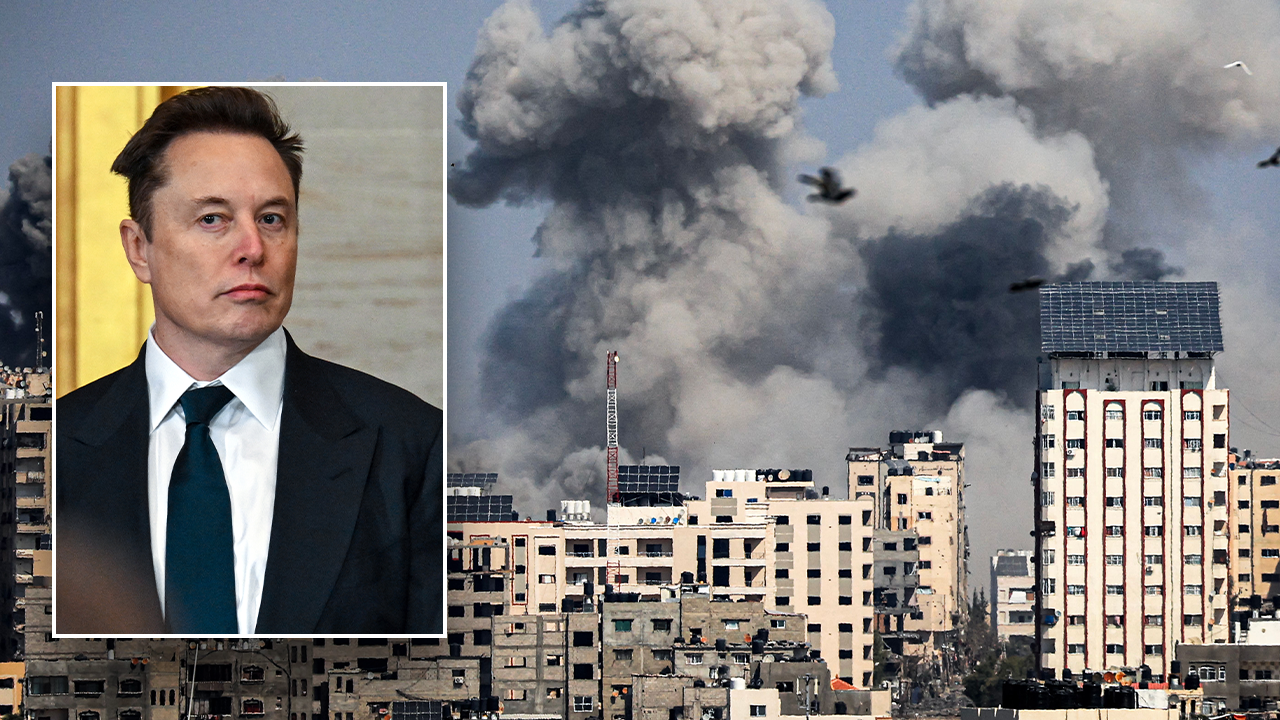Politics
‘Designated terrorists’: Extremist groups raked in millions from USAID, multiyear study reveals

Introduction: The Alarming Report on USAID’s Funding of Extremist Groups
A recent investigative report by the Middle East Forum, a U.S. think tank, has uncovered troubling details about the allocation of funds by the United States Agency for International Development (USAID). The report reveals that millions of dollars have been funneled to extremist groups linked to designated terrorist organizations. This revelation has sparked significant concern and scrutiny, questioning the vetting processes and accountability within USAID.
Specific Examples: A Closer Look at Funded Groups
The report highlights several instances where USAID funds have reached organizations with ties to terrorism. One notable example is the Bayader Association for Environment and Development, a Gaza-based NGO that received over $900,000 starting in 2016, with the most recent allocation occurring just days before Hamas’s attack on Israel in October 2023. Despite Bayader’s claim to build civil society, its close coordination with Hamas raises eyebrows. Another example is the American Near East Refugee Agency, which received a $12.5 million grant in 2024. Employees of this NGO have expressed violent sentiments on social media, yet faced no censure. Additionally, the Islamic Relief Agency, designated a terrorist group in 2004, received $125,000 via an evangelical charity, despite its ties to Osama bin Laden.
Critique and Consequences: Fallout and Scrutiny
The report has led to severe criticism of USAID’s vetting processes and the federal government’s apparent indifference. The lack of oversight has resulted in funds being diverted to groups that undermine peace and stability. This critique has prompted calls for accountability and reform. Lawmakers and experts are examining past expenditures, revealing questionable allocations such as funding a version of "Sesame Street" in Iraq or pottery classes in Morocco. These examples highlight a broader issue of mismanagement within USAID.
Future of USAID: Potential Reorganization and Abolishment
Under interim director Marco Rubio, USAID faces potential reorganization or even abolishment. Rubio has suggested integrating some functions into the State Department while abolishing the rest. Elon Musk, chair of the Department of Government Efficiency, has been vocal about his distrust of USAID, labeling it a "criminal organization" and advocating for its shutdown. This scrutiny has led to a significant reduction in operations, with most staff placed on leave and overseas missions shutting down.
Broader Implications: The Impact on Foreign Aid and Trust
The revelations have far-reaching implications for U.S. foreign aid programs. They raise questions about how effectively aid reaches intended beneficiaries and whether it inadvertently supports extremism. The report underscores the need for transparency and robust vetting to prevent misuse of funds. This situation may erode trust in U.S. aid agencies and international partnerships, potentially affecting future humanitarian efforts.
Conclusion: The Urgent Need for Reform and Accountability
The findings of the Middle East Forum’s report are a clarion call for immediate action. USAID must address its flawed vetting processes and ensure accountability to prevent funding extremism. As the agency faces reorganization and possible abolishment, the broader implications for foreign aid loom large. The urgency for reform is clear to restore trust and effectiveness in U.S. aid programs.


















